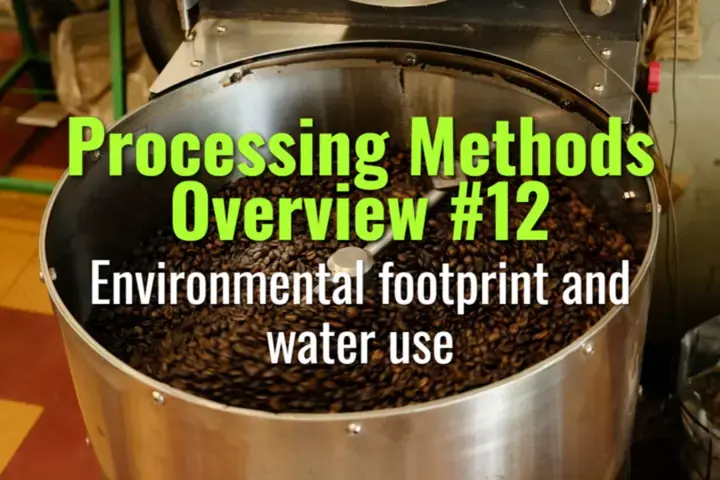
Environmental footprint and water use
This topic explores the environmental impacts of different coffee processing methods, focusing on water use, waste management, and strategies to reduce the ecological footprint of processing.

This topic explores the environmental impacts of different coffee processing methods, focusing on water use, waste management, and strategies to reduce the ecological footprint of processing.
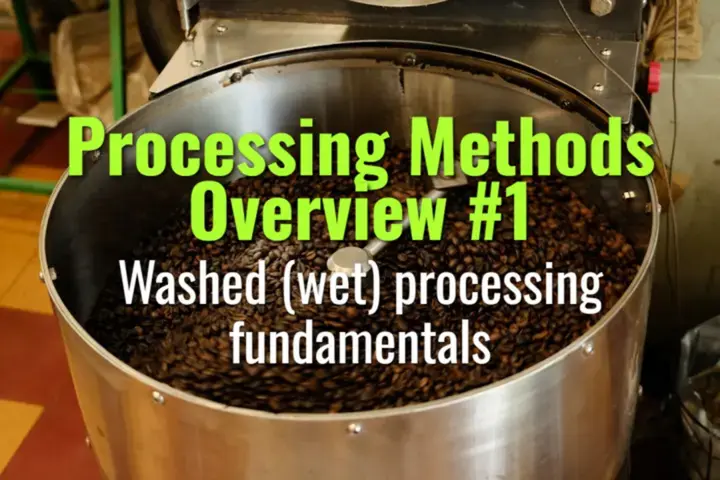
This topic explains the fundamentals of washed (wet) coffee processing, covering the main steps, advantages, challenges, and sensory outcomes of this widely used method.
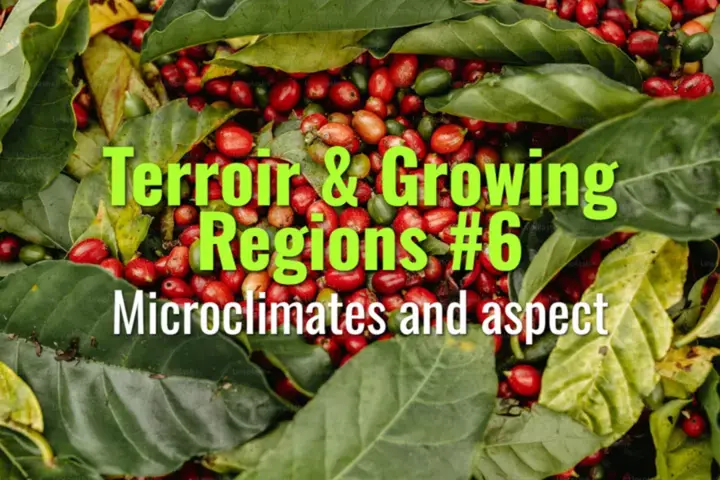
This topic explains how microclimates and slope aspect influence coffee cultivation, showing how subtle variations in environment shape yield, quality, and terroir expression.
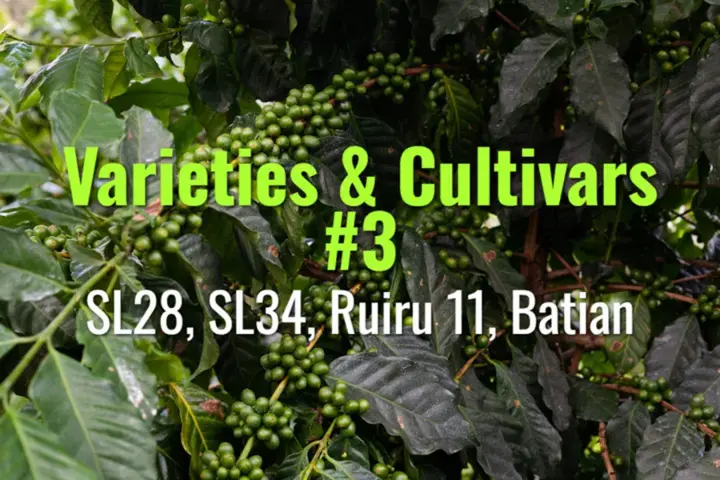
This topic explores the key Kenyan-developed coffee varieties—SL28, SL34, Ruiru 11, and Batian—their origins, traits, flavor profiles, and significance for disease resistance and quality.
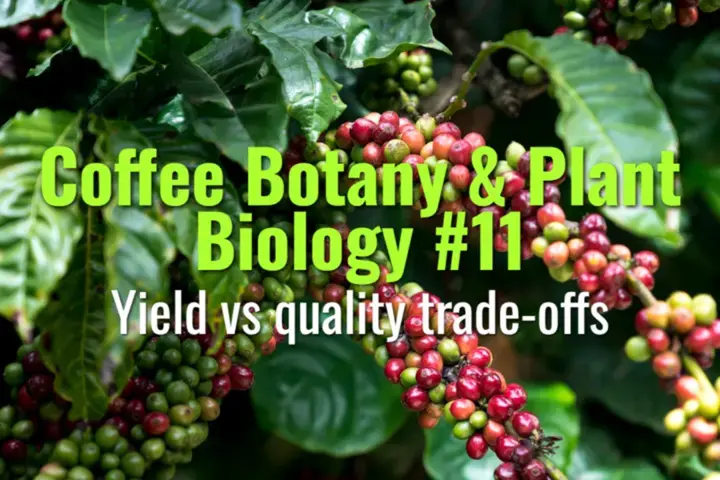
This topic explains the natural and management-driven trade-offs between maximizing coffee yield and achieving high cup quality, and why farmers, buyers, and consumers must balance these competing priorities.
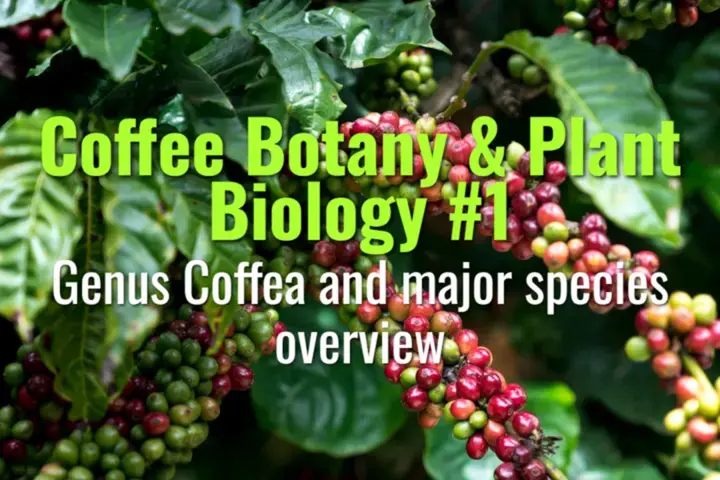
This topic introduces the genus Coffea, explains its major species, and outlines their biological traits, cultivation differences, and global significance.